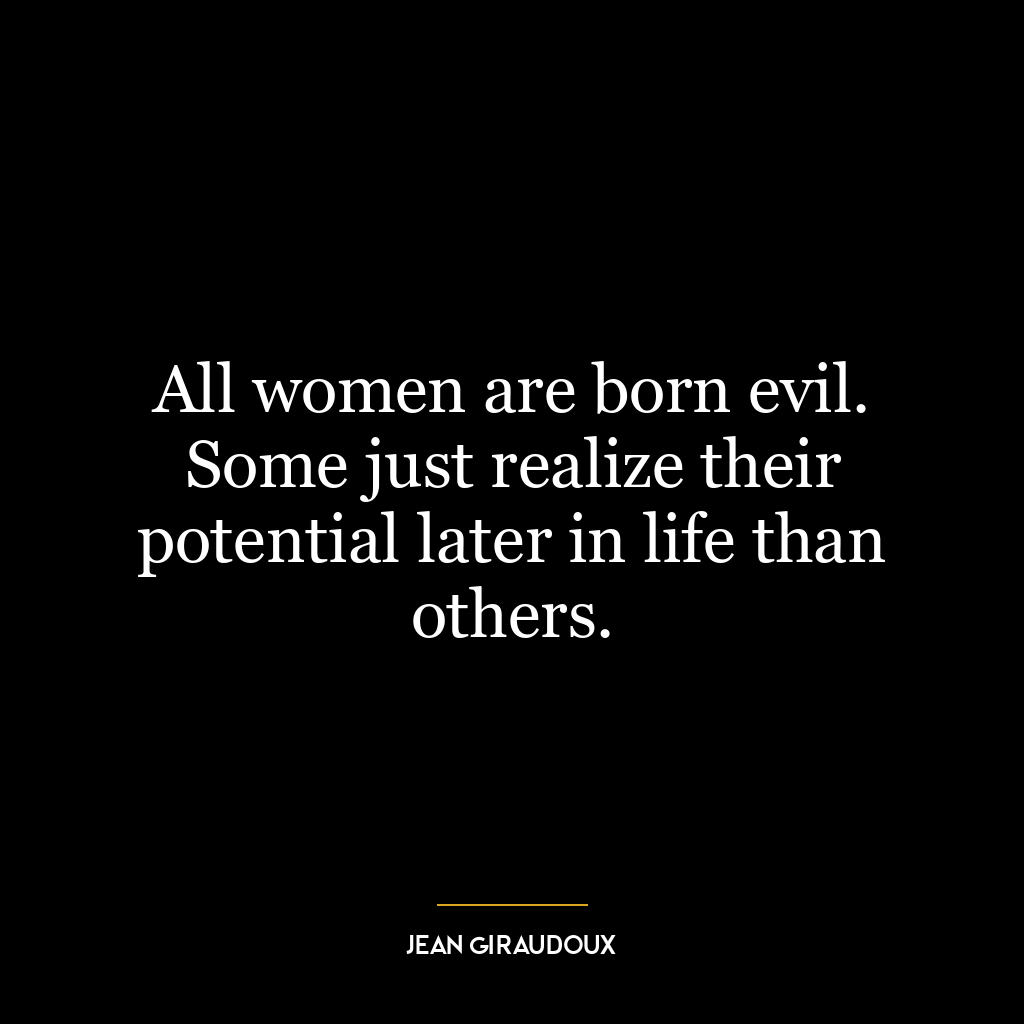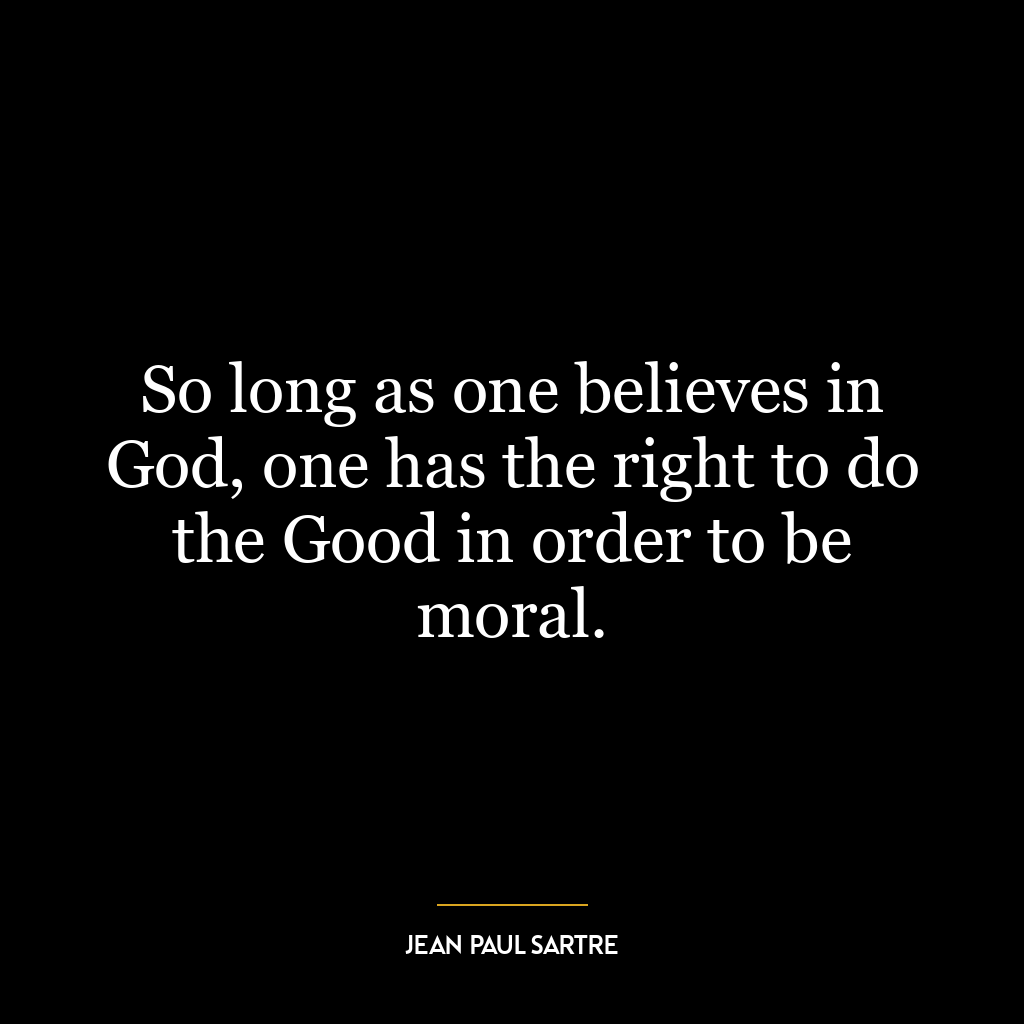Often does good come out of evil. But that is God’s, not man’s plan.
This quote by Mahatma Gandhi suggests that good outcomes can often arise from bad situations or evil acts, but he attributes this to divine intervention rather than human intention. The idea here is that while humans may create or perpetrate harmful actions, it is a higher power (God) who has the ability to transform these negative circumstances into something positive.
The first part of the quote “Often does good come out of evil” acknowledges the paradoxical nature of life where adverse situations sometimes lead to beneficial results. This could refer to personal growth through adversity, unintended positive consequences from harmful actions, or even broader societal changes sparked by tragic events.
The latter part “But that is God’s, not man’s plan” implies that humans do not intentionally create evil with the aim of producing good. Rather, it suggests a belief in a benevolent divine force working behind the scenes to bring about goodness from evil – an overarching plan beyond human understanding or control.
In today’s world and in personal development contexts, this quote might be applied in various ways. For instance:
1) Resilience and Growth: People often experience growth and build resilience through hardships. Personal struggles can help individuals develop strength and wisdom they wouldn’t have gained otherwise – essentially bringing ‘good’ out of ‘evil’.
2) Social Change: Tragic events like natural disasters or acts of violence often mobilize communities and societies towards positive change – whether it’s improving infrastructure for disaster response or rallying for stricter gun control laws.
3) Environmental Rejuvenation: Even environmental crises can spur innovation in sustainability practices leading us towards a greener planet.
4) Psychological Healing: In psychology there’s an idea called post-traumatic growth which refers to people developing new understandings of themselves and the world they live in after going through traumatic experiences.
All these examples show how ‘good’ can come out of ‘evil’, but as Gandhi points out – such outcomes are not typically part of human intent or design. Rather, they emerge from a complex interplay of factors, which some may attribute to a divine plan or the inherent resilience and adaptability of life itself.








